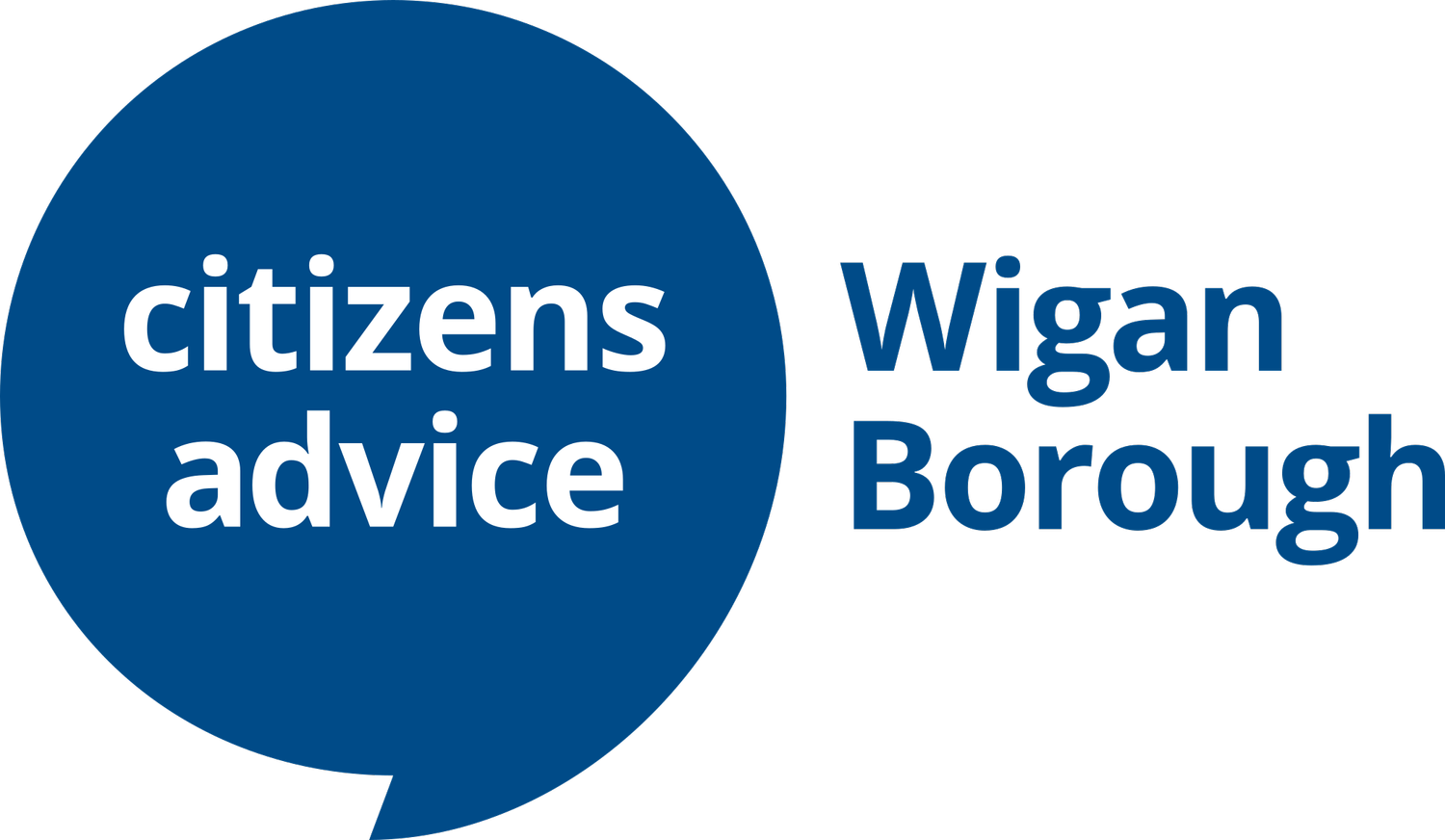Tips for managing your Christmas spending
*PLEASE BE AWARE THIS IS AN OLDER POST AND THERE MAY BE A MORE UP TO DATE POST, OR UPDATED INFORMATION AVAILABLE ON https://www.citizensadvice.org.uk/ *
During the festive season, it can be tempting to forget about credit cards and other debts. However, you can avoid a debt hangover in the new year by taking some simple steps to manage your money and spend wisely.
We’re sharing our tips to help you manage your spending in the run-up to Christmas, and avoid a nasty debt hangover in January.
Plan early to avoid overspending
Whilst it can be tempting to spend more during the festive season, one of the most effective ways to avoid falling into debt is to set a clear budget and stick to it when shopping for Christmas. Whether you’re buying gifts, food, or decorations, set amounts that you are comfortable with and that won’t leave you short when bills are due.
If you do find yourself in need of extra over Christmas, make sure you speak to your bank before dipping into an overdraft in order to avoid charges.
Don’t forget everyday bills
In the flurry of seasonal shopping and activities, it can be easy to forget that regular expenses and bills will still need to be paid. From rent or mortgage payments to groceries and energy bills, it’s important to include regular outgoings in your budget for December. It can be helpful to prioritise these expenses before setting budgets for gifts, Christmas food, and extras.
Getting behind on your regular bill payments could result in stress in the New Year. If you need help and advice on paying your bills, get in touch with our team.
Be credit-aware
When buying high-ticket items, you may be offered the option to pay via a credit agreement. However, if you can afford to pay outright with cash or a debit card, this is usually the most cost-effective option. If you are entering into a credit agreement, make sure you read the small print, terms and conditions before signing up so you’re not surprised with extra charges.
If you’re using a credit card to pay for Christmas expenses, shop around and compare terms for the best deal. Before you sign up, check the terms and conditions, costs, and repayment dates. You could mark these in your calendar and budget for any interest or charges to ensure you make the repayments in time.
Steer clear of scams
When shopping for gifts, it’s a good idea to compare prices across different online and offline retailers. However, scams and fakes are common on the market, so it’s important to know how to avoid these. Stick to reputable websites and retailers - check reviews from other consumers and look up business details on Companies House. Before you buy, read the terms and conditions to make sure you’re protected if something goes wrong.
If you’re worried you’ve been scammed while shopping online, you can find information on what to do here.
Be wary of Buy Now, Pay Later
Buy Now Pay Later can be especially tempting for shoppers around this time of year. Whilst this may be a good option for some, 1 in 10 Buy Now Pay Later customers have been chased by debt collectors, with 96% of them experiencing a negative consequence as a result.
If you’re planning to use one of these options, make sure you are aware of how much you will need to pay back, when the repayment dates are and that you will have enough funds to pay the costs.
Act early to deal with debt
It might be the last thing we want to think about while celebrating Christmas, but part of good money management is budgeting for debt repayments. By sticking to payment schedules and addressing any debt issues that come up, you can save yourself a headache once the celebrations are over.
If you need help with debt management, get in touch with our trained money advice team for free, confidential advice.
